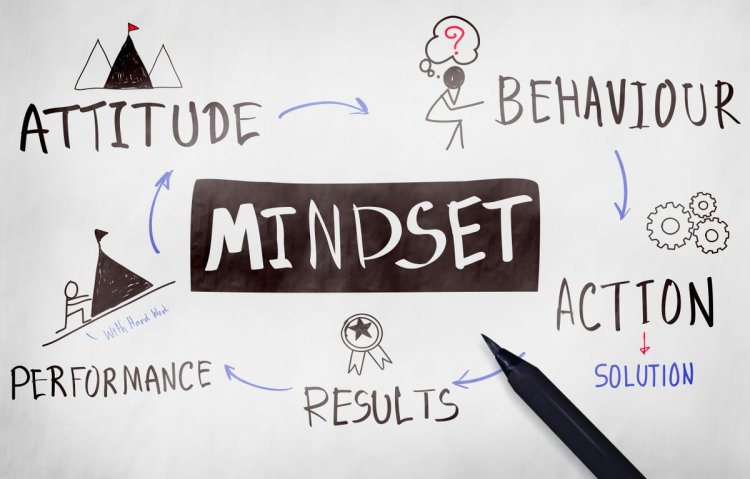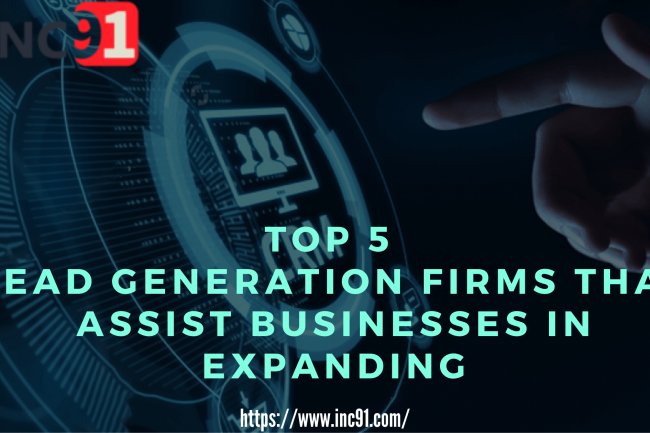The mindset of all the distractions, Why we Hate our Work
The Energy Project is working to enhance employee engagement and more sustainable performance with organisations and their leaders. Luke Kissam, CEO of Albemarle, a multi-billion-dollar chemical corporation, sought out one of us, Tony, a little over a year ago, as a mentor to help him cope with the feeling that his life was increasingly stressful

The way that we work is not working. Even if you're fortunate enough to have a career, you still aren't excited about going to the office in the morning, you don't feel much valued when you're there, you find it hard to get your most important job done, in the midst of all the distractions, and you don't think what you're doing makes a huge difference anyway. You're pretty much running on empty by the moment you get home, and yet somehow replying to emails before you fall asleep.
This experience is increasingly popular not only for middle managers but also for top executives.
Our business, The Energy Project, is working to enhance employee engagement and more sustainable performance with organizations and their leaders. Luke Kissam, CEO of Albemarle, a multi-billion-dollar chemical corporation, sought out one of us, Tony, a little over a year ago, as a mentor to help him cope with the feeling that his life was increasingly stressful. I just felt like I was still being pulled somewhere else no matter what I was doing," he explained."It seemed as if I had always cheated on someone, my business, my family, myself. I just couldn't concentrate on anything.'
Mr. Kissam isn't by himself. A psychiatrist and assistant clinical professor at Harvard Medical School, Srinivasan S. Pillay, who studies burnout, recently surveyed a random sample of 72 senior leaders and found that almost all of them reported at least some symptoms of burnout and that at least one cause of burnout at work was noted by all of them. More generally, according to a 2013 study by Gallup, only 30 percent of workers in America felt engaged at work. The proportion of workers who feel engaged at work is just 13 percent worldwide, spanning 142 countries. Job is a depleting, dispiriting experience for most of us in short, and it's getting worse in some obvious ways.
Demand is rapidly exceeding our capacity for our time, robbing us of the energy we need to completely bring our skills and talent to life. Perhaps the biggest impact is the rise of digital media, exposing us to an unparalleled influx of data and requests that we feel compelled to read and respond to at all hours of the day and night. We collaborated with the Harvard Business Review last fall to perform a survey of more than 12,000 predominantly white-collar workers across a wide variety of businesses and sectors, curious to understand what most affects people's commitment and efficiency at work. We also provided the survey to workers at two of the customers of The Energy Project, one a 6,000-employees manufacturing firm, the other a 2,500-employees financial services company.
Employees are vastly more fulfilled and efficient, it turns out when four of their core needs are met: physical, by opportunities to refresh and recover at work on a regular basis; emotional, through feeling respected and appreciated for their contributions; mental, when they have the opportunity to focus on their most important tasks in an absorbed way and determine when and where they get their job done; and mental, when they have the opportunity to concentrate on their most important tasks in an absorbing way.
The more effectively workers are assisted by leaders and organizations in addressing these main needs, the more likely they are to experience commitment, loyalty, job satisfaction, and positive energy at work, and the lower their perceived stress levels. When workers have one need met, all of their output variables increase compared to none. The more needs are fulfilled, the more optimistic the outcome will be.
The engagement has now been widely associated with higher corporate efficiency, variously described as "involvement, dedication, passion, enthusiasm, concentrated effort, and energy." Gallup found in a 2012 meta-analysis of 263 research studies spanning 192 firms that companies in the top quartile for engaged workers had 22 percent higher profitability, 10 percent higher customer ratings, 28 percent less fraud, and 48 percent fewer safety injuries relative to the bottom quartile.
The consulting firm Towers Watson's 2012 global workforce survey of 32,000 employees found that the conventional definition of commitment, the ability of employees to willingly spend the extra effort, is no longer sufficient to fuel the highest levels of success. Willing does not, it turns out, guarantee capacity. Companies in the Towers Watson study had an operating margin of 14 percent with high engagement scores calculated in a conventional way. Companies with the largest number of "sustainably engaged workers, had a 27 percent operating margin, almost three times those with the lowest conventional engagement ratings.
Simply put, the way people feel at work greatly affects how they perform. What our research showed us just how much effect businesses can have when they fulfill each of their workers' four core needs.
Renewal: A 30 percent higher level of concentration is registered by workers who take a break every 90 minutes than those who take no breaks or only one during the day. They also report a nearly 50% higher capacity to think creatively and a 46% higher degree of well-being and wellbeing. By comparison, feeling motivated to take breaks by one's boss raises the probability of people remaining with any given company by almost 100 percent, and also doubles their sense of health and well-being.
Value: Feeling cared about by one's boss has a greater effect on the sense of confidence and protection of people than any other actions by a leader. Employees who say they have more positive bosses are 1.3 times more likely to continue with the company and are 67% more active.
Just 20% of respondents said they were able to concentrate on one task at a time at work, but 50 percent more involved were those who did. Likewise, only one-third of respondents said they were able to prioritize their duties efficiently, but those who did were 1.6 times more able to concentrate on one issue at a time.
Purpose: The highest single impact of any variable in our survey was that workers who derive value and importance from their jobs were more than three times as likely to remain with their organizations. Such staff also showed 1.7 times greater job satisfaction and they were 1.4 times more interested in work.
this movie gave me
What's Your Reaction?




















